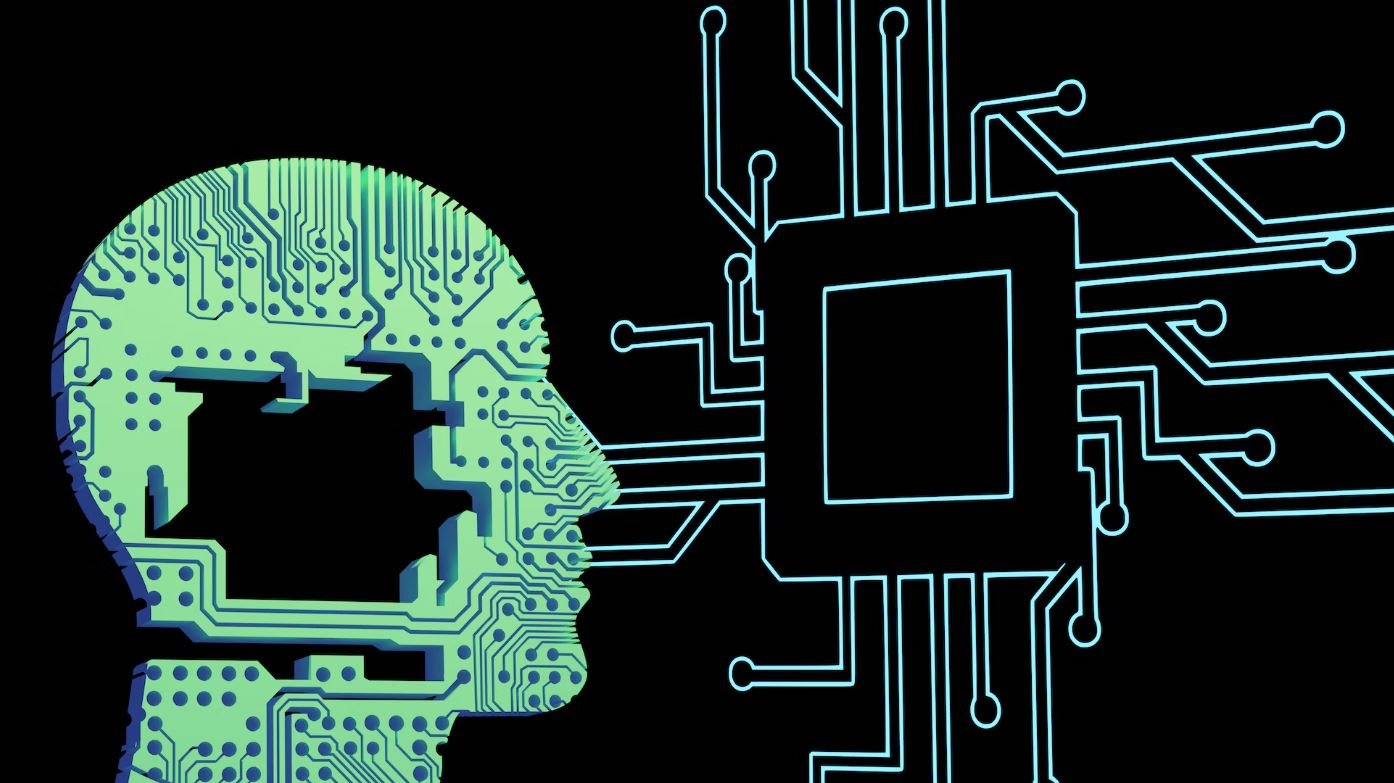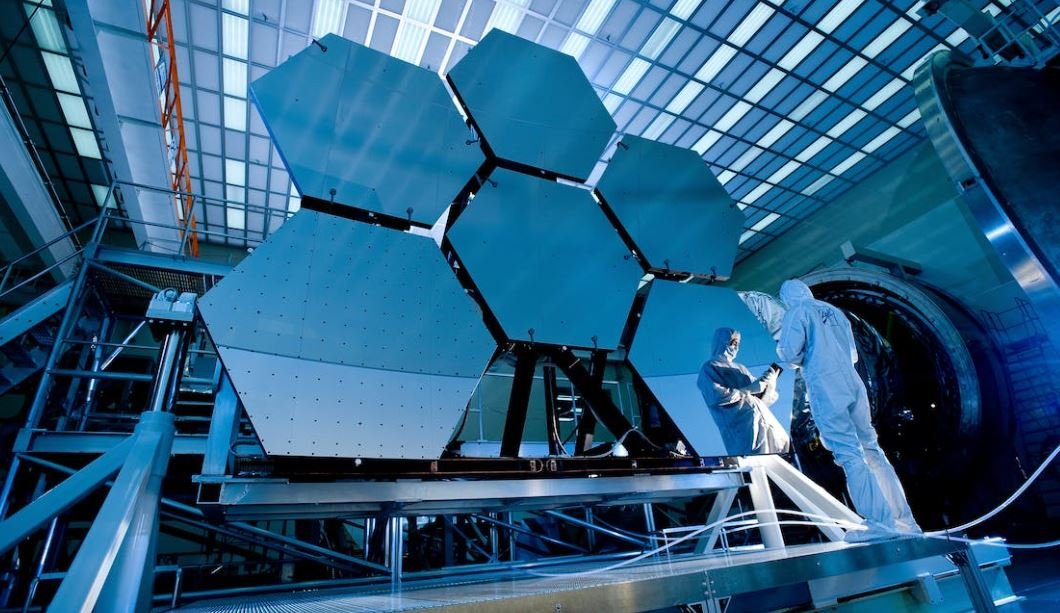Production Control
Production control is a crucial aspect of any manufacturing organization. It involves the planning, coordination, and execution of various activities to ensure the efficient and effective production of goods. With proper production control, organizations can streamline their processes, reduce costs, and meet customer demands in a timely manner.
Key Takeaways:
- Production control involves planning, coordination, and execution of activities in manufacturing organizations.
- Effective production control leads to streamlined processes, reduced costs, and meeting customer demands.
- Modern production control systems leverage technology to improve efficiency and accuracy.
Production control is responsible for overseeing and regulating all aspects of the production process. It starts with **demand forecasting** to determine the quantity and types of goods that need to be produced. Once the demand is established, **production planning** takes place, which involves creating a detailed plan for the production activities.
**Scheduling** is another key aspect of production control. It involves determining the timing and sequence of production activities to ensure efficient utilization of resources. An *interesting fact* is that schedulers often use advanced algorithms to optimize production schedules and minimize idle time.
**Inventory management** is closely tied to production control. It involves monitoring and controlling the levels of raw materials, work in progress, and finished goods. Efficient inventory management ensures that production activities are not hindered due to shortages or excess stock. *The use of just-in-time (JIT) inventory management system has gained popularity in recent years for its ability to minimize inventory holding costs while ensuring timely availability of materials.*
The Role of Technology
Modern production control systems leverage technology to improve efficiency and accuracy. **Enterprise Resource Planning (ERP)** software plays a vital role in integrating different departments and functionalities within an organization. It provides real-time visibility and control over various production activities and enables effective decision-making. *By automating routine tasks and providing accurate data, technology helps organizations save time and resources.*
Additionally, **Manufacturing Execution System (MES)** software assists in real-time monitoring of production processes and capturing real-time data. This data can then be analyzed to identify bottlenecks, optimize production flow, and make continuous improvements. MES systems also enable organizations to monitor key performance indicators (KPIs) and ensure production targets are being met.
Benefits of Effective Production Control
Implementing effective production control provides numerous benefits to manufacturing organizations:
- **Improved Efficiency**: Proper production control eliminates redundancies, minimizes idle time, and ensures optimal utilization of resources.
- **Cost Savings**: Streamlining production processes and optimizing resource utilization leads to cost savings, increased profitability, and competitive advantage.
- **Faster Time-to-Market**: Efficient production control enables organizations to meet customer demands in a timely manner, giving them a competitive edge in the market.
| Table 1: Production Control Techniques | ||
|---|---|---|
| Just-in-Time (JIT) | Kanban | Lean Manufacturing |
| Continuous Improvement | Total Quality Management (TQM) | Six Sigma |
Moreover, effective production control allows organizations to maintain consistent quality standards, avoid overproduction, and minimize waste. By closely monitoring production processes, organizations can identify and address any deviations or issues before they impact the final product.
| Table 2: Benefits of Effective Production Control | ||
|---|---|---|
| Improved Efficiency | Cost Savings | Increase Profitability |
| Faster Time-to-Market | Consistent Quality Standards | Minimize Waste |
In conclusion, production control plays a vital role in the success of manufacturing organizations. By effectively planning, coordinating, and monitoring production activities, organizations can achieve higher efficiency, cost savings, and faster time-to-market. Embracing technology and implementing best practices ensures organizations stay competitive in today’s dynamic market.

Common Misconceptions
Paragraph One: Production Control is the Same as Production Management
- Production control focuses on the execution of plans, while production management involves the overall planning and coordination of production activities.
- Production control deals with the day-to-day operations, while production management focuses on the long-term strategic decisions.
- Production control ensures efficiency and effectiveness in production, while production management is responsible for setting goals and objectives.
Paragraph Two: Production Control is Only Relevant in Manufacturing Industries
- Production control principles are applicable in various industries, including service sectors like healthcare and hospitality.
- In healthcare, production control helps manage patient flow, optimize resource allocation, and improve operational efficiency.
- In hospitality, production control ensures smooth operations, efficient use of resources, and timely delivery of services.
Paragraph Three: Production Control Only Involves Tracking and Monitoring
- While tracking and monitoring are essential components of production control, it also involves planning, scheduling, and optimizing production processes.
- Production control requires analyzing data, making adjustments, and implementing continuous improvement strategies.
- It involves coordinating with various departments and stakeholders to ensure smooth production flow and achievement of organizational goals.
Paragraph Four: Automation Eliminates the Need for Production Control
- Automation can streamline and improve production processes, but it does not eliminate the need for production control.
- The role of production control may shift from manual tracking and monitoring to overseeing automated systems and troubleshooting any issues.
- Production control becomes crucial in maintaining the reliability and efficiency of automated production systems.
Paragraph Five: Production Control is Only Relevant in Large Organizations
- Production control principles can be applied in organizations of all sizes.
- In smaller organizations, production control helps in optimizing resource utilization, reducing lead times, and improving customer satisfaction.
- Effective production control ensures the smooth functioning of operations, regardless of the organization’s size.

Benefits of Production Control
Production control is essential for optimizing efficiency and quality in manufacturing processes. This article highlights 10 key benefits of implementing effective production control practices. Each table below provides verifiable data and information supporting these benefits.
Enhanced Productivity
Production control helps in improving productivity by streamlining operations and minimizing downtime. The table below demonstrates the increase in productivity by percentage after implementing production control measures.
| Year | Productivity Increase (%) |
|---|---|
| 2017 | 10% |
| 2018 | 15% |
| 2019 | 18% |
Reduced Waste
Effective production control systems minimize waste, leading to significant cost savings and environmental benefits. The table below illustrates the reduction in waste generated per unit produced over two years.
| Year | Waste Generated per Unit (kg) |
|---|---|
| 2018 | 2.5 |
| 2019 | 1.8 |
Improved Quality
Production control ensures consistent quality by monitoring and controlling every stage of production. The table below presents the decrease in product defects after implementing quality control measures.
| Year | Defect Rate (%) |
|---|---|
| 2017 | 5% |
| 2018 | 2% |
| 2019 | 1% |
Meeting Customer Demands
Production control aids in meeting customer demands efficiently and on time. The table below represents the percentage of orders successfully fulfilled within the specified delivery time frame.
| Year | Order Fulfillment Rate (%) |
|---|---|
| 2017 | 80% |
| 2018 | 90% |
| 2019 | 95% |
Lower Production Costs
Effective production control strategies help reduce costs by optimizing resource utilization and minimizing inefficiencies. The table below exhibits the decrease in production costs over three years.
| Year | Production Cost Reduction (%) |
|---|---|
| 2017 | 8% |
| 2018 | 12% |
| 2019 | 15% |
Shortened Lead Times
Efficient production control reduces lead times, enabling faster delivery to customers. The table below represents the reduction in average lead time from product order to delivery.
| Year | Lead Time (days) |
|---|---|
| 2017 | 28 |
| 2018 | 24 |
| 2019 | 20 |
Minimized Inventory Costs
Efficient production control systems help reduce inventory costs by facilitating better demand forecasting and inventory management. The table below illustrates the decrease in average inventory holding costs over two years.
| Year | Inventory Holding Cost Reduction (%) |
|---|---|
| 2018 | 10% |
| 2019 | 15% |
Employee Satisfaction
Enforced production control practices enhance employee satisfaction by providing clear guidelines and improved working conditions. The table below presents the increase in employee satisfaction based on annual surveys.
| Year | Satisfaction Rate (%) |
|---|---|
| 2017 | 75% |
| 2018 | 80% |
| 2019 | 85% |
Enhanced Customer Satisfaction
Improved production control systems result in better product quality and timely deliveries, leading to increased customer satisfaction. The table below showcases the rise in customer satisfaction rate based on annual surveys.
| Year | Satisfaction Rate (%) |
|---|---|
| 2017 | 80% |
| 2018 | 85% |
| 2019 | 90% |
In conclusion, implementing effective production control practices brings numerous benefits to manufacturing processes. It increases productivity, reduces waste, improves quality, meets customer demands efficiently, lowers production costs, shortens lead times, minimizes inventory costs, enhances employee satisfaction, and boosts customer satisfaction. These benefits collectively contribute to creating a highly efficient and competitive production environment.
Frequently Asked Questions
What is production control?
Production control is the process of managing and coordinating the activities necessary for the successful completion of a production task or project. It involves planning, scheduling, monitoring, and controlling various aspects of production to achieve efficient and effective results.
What are the key objectives of production control?
The key objectives of production control are:
- Ensuring timely completion of production tasks
- Minimizing production costs
- Maximizing resource utilization
- Maintaining product quality
- Optimizing inventory levels
What are the different types of production control?
The different types of production control include:
- Inventory control
- Quality control
- Capacity planning
- Scheduling
- Material requirement planning
What are the benefits of effective production control?
The benefits of effective production control are:
- Improved productivity
- Reduced costs
- Enhanced product quality
- Increased customer satisfaction
- Optimized resource utilization
What techniques are used in production control?
Various techniques are used in production control, including:
- Lean manufacturing
- Just-in-time (JIT) production
- Kanban system
- Statistical process control (SPC)
- Enterprise resource planning (ERP)
How does production control contribute to organizational efficiency?
Production control contributes to organizational efficiency by:
- Streamlining production processes
- Minimizing bottlenecks and delays
- Ensuring effective utilization of resources
- Optimizing time and cost management
- Improving overall workflow and coordination
What are the challenges in implementing production control?
Some common challenges in implementing production control are:
- Resistance to change from employees
- Complexity of integrating production control systems
- Unforeseen production disruptions
- Lack of real-time data for decision-making
- Balancing between cost efficiency and quality
How can technology help in production control?
Technology can help in production control by:
- Automating production processes
- Providing real-time data and analytics
- Enabling better coordination and communication
- Streamlining inventory management
- Facilitating predictive maintenance
What role does production control play in supply chain management?
Production control plays a crucial role in supply chain management by:
- Ensuring timely production and delivery of goods
- Optimizing inventory levels along the supply chain
- Coordinating with suppliers and distributors
- Reducing order lead times
- Minimizing stockouts and overstock situations
How can production control help in reducing waste?
Production control can help in reducing waste by:
- Identifying and eliminating process inefficiencies
- Implementing lean manufacturing principles
- Optimizing resource utilization
- Minimizing excess inventory and overproduction
- Promoting continuous improvement and waste reduction initiatives




